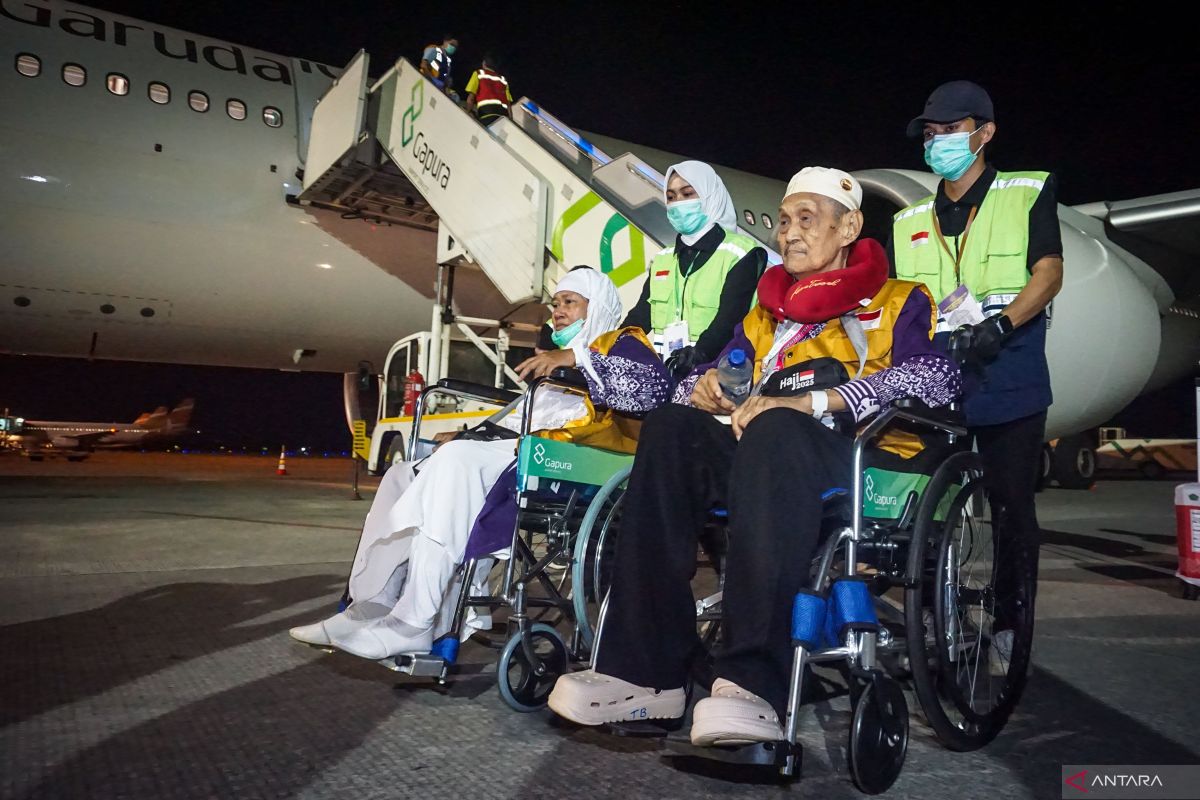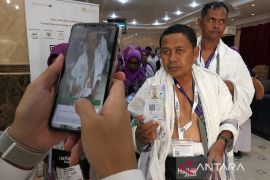Minister Mochamad Irfan Yusuf emphasized that health checks will begin at the earliest stages to ensure only those “truly healthy, in good health, and physically and mentally prepared” are allowed to depart.
He made the announcement during a meeting with Commission VIII of the Indonesian House of Representatives, here, Wednesday
The move aligns with Saudi Arabia’s updated health requirements, which now disqualify pilgrims with serious medical conditions.
“This measure aims to ensure that only pilgrims who are physically and mentally fit undertake the Hajj, preventing risks to themselves or others during the rituals in the Holy Land,” Yusuf explained.
Pilgrims with vital organ failure are deemed ineligible for Hajj. This includes individuals with kidney failure who require regular dialysis, those suffering from severe heart failure, or chronic lung disease that necessitates continuous oxygen support.
Similarly, those with advanced liver damage are excluded due to the high risk posed by their condition.
The policy also disqualifies individuals with neurological disorders or severe mental illnesses that impair consciousness or physical activity.
This includes elderly pilgrims with dementia, as well as those with psychiatric conditions that significantly affect their ability to function during the pilgrimage.
Women experiencing high-risk pregnancies, particularly those in their third trimester, are not permitted to travel.
The physical demands and environmental conditions of Hajj pose serious risks to maternal and fetal health in such cases.
Pilgrims with active infectious diseases are barred from participating. This includes open pulmonary tuberculosis, dengue fever, and other contagious illnesses that could endanger both the individual and others during the pilgrimage.
The list further includes those undergoing treatment for advanced cancer, especially those receiving chemotherapy.
Individuals with coronary heart disease, uncontrolled hypertension, or uncontrolled diabetes mellitus are also considered unfit for the journey due to the potential for medical emergencies.
Other disqualifying conditions include uncontrolled autoimmune diseases, epilepsy, stroke, and severe mental disorders that compromise safety and well-being during the pilgrimage.
Yusuf warned that pilgrims with these conditions may be barred from traveling or even sent home if detected during health checks in Saudi Arabia: “They could fail the medical screening in Indonesia and might even be denied entry or sent home by Saudi authorities.”
Translator: Resinta Sulistiyandari
Editor: Aditya Eko Sigit Wicaksono
Copyright © ANTARA 2025












